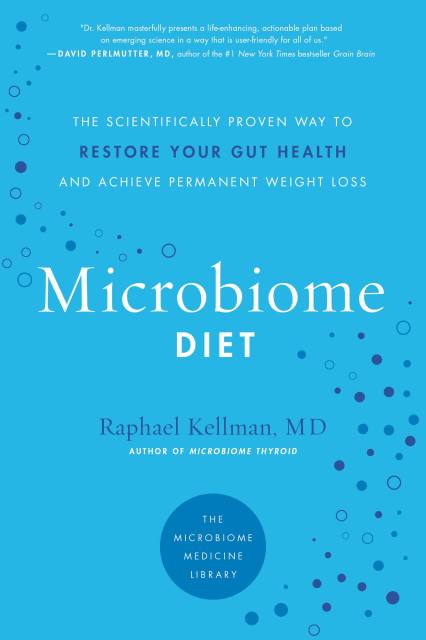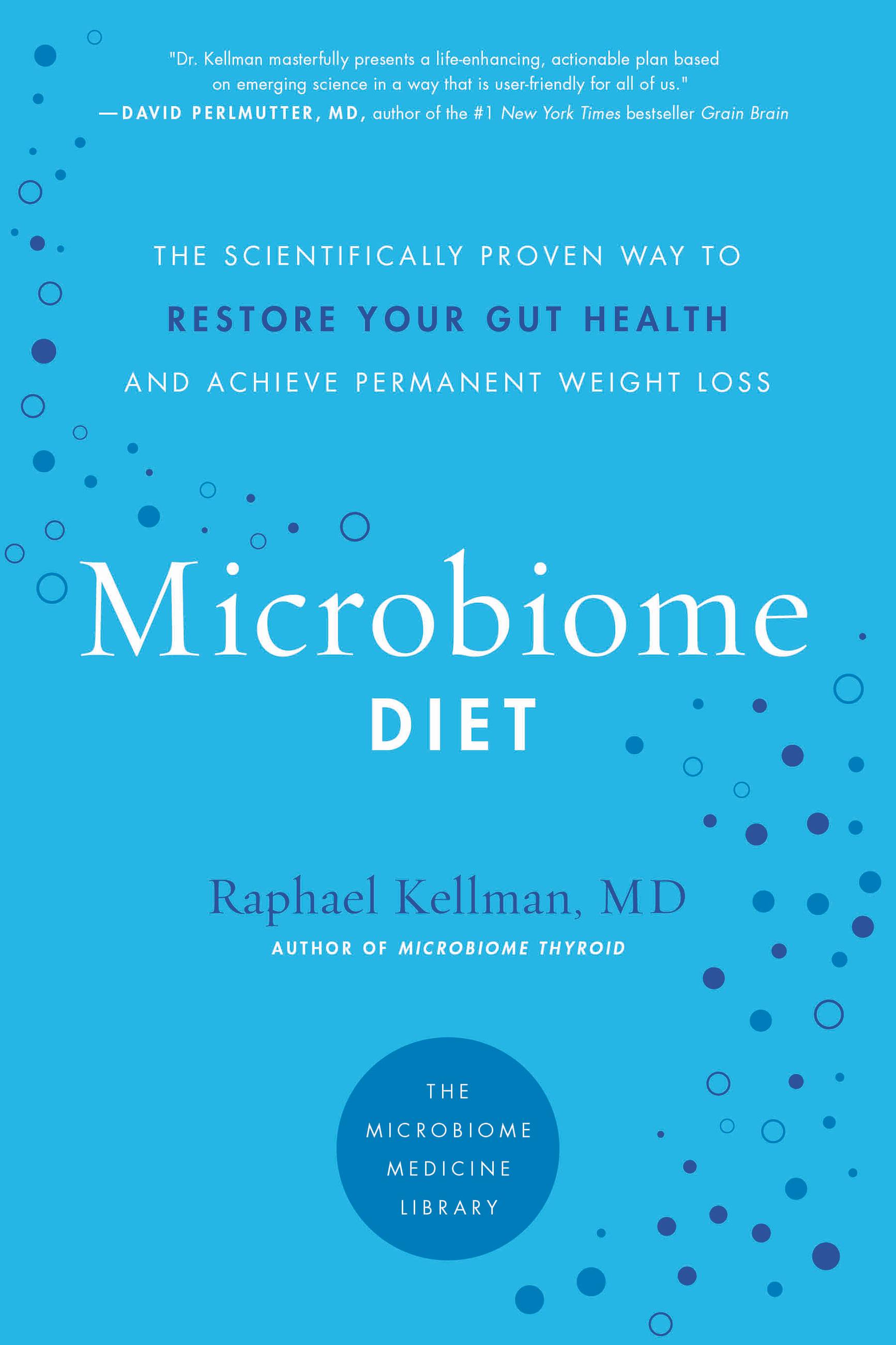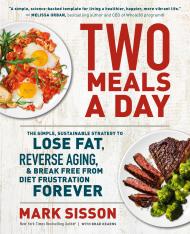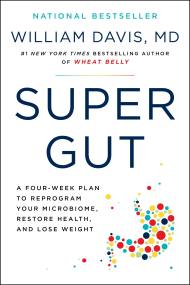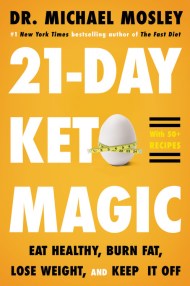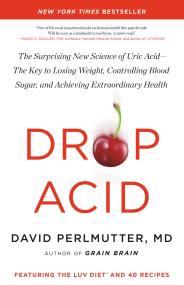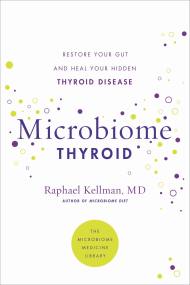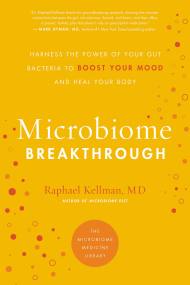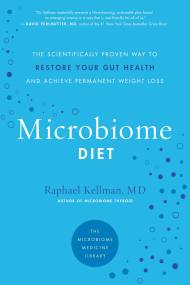Promotion
Use code MOM24 for 20% off site wide + free shipping over $45
Microbiome Diet
The Scientifically Proven Way to Restore Your Gut Health and Achieve Permanent Weight Loss
Contributors
Formats and Prices
Price
$13.99Price
$17.99 CADFormat
Format:
- ebook $13.99 $17.99 CAD
- Trade Paperback $17.99 $22.99 CAD
This item is a preorder. Your payment method will be charged immediately, and the product is expected to ship on or around July 1, 2014. This date is subject to change due to shipping delays beyond our control.
Also available from:
The groundbreaking program that connects the microbiome and gut health to healthy weight loss, complete with a three-phase plan and recipes.
Cutting-edge science has shown that the microbiome is the key to overall mental and physical health — and the secret behind healthy, sustainable weight loss. Drawing on nearly two decades of experience as a specialist in functional medicine and intestinal health, Dr. Raphael Kellman has developed the first diet based on these scientific breakthroughs.
Offering a proven program to heal your gut and reset your metabolism, along with meal plans and fifty delicious chef-created recipes, The Microbiome Diet is the key to safe, sustainable weight loss and a lifetime of good health.
“Dr. Kellman masterfully presents a life enhancing, actionable plan based on this emerging science in a way that is user-friendly, for all of us.” — Dr. David Perlmutter, New York Times bestselling author of Grain Brain
Genre:
- On Sale
- Jul 1, 2014
- Page Count
- 272 pages
- Publisher
- Da Capo Lifelong Books
- ISBN-13
- 9780738217666
Newsletter Signup
By clicking ‘Sign Up,’ I acknowledge that I have read and agree to Hachette Book Group’s Privacy Policy and Terms of Use
